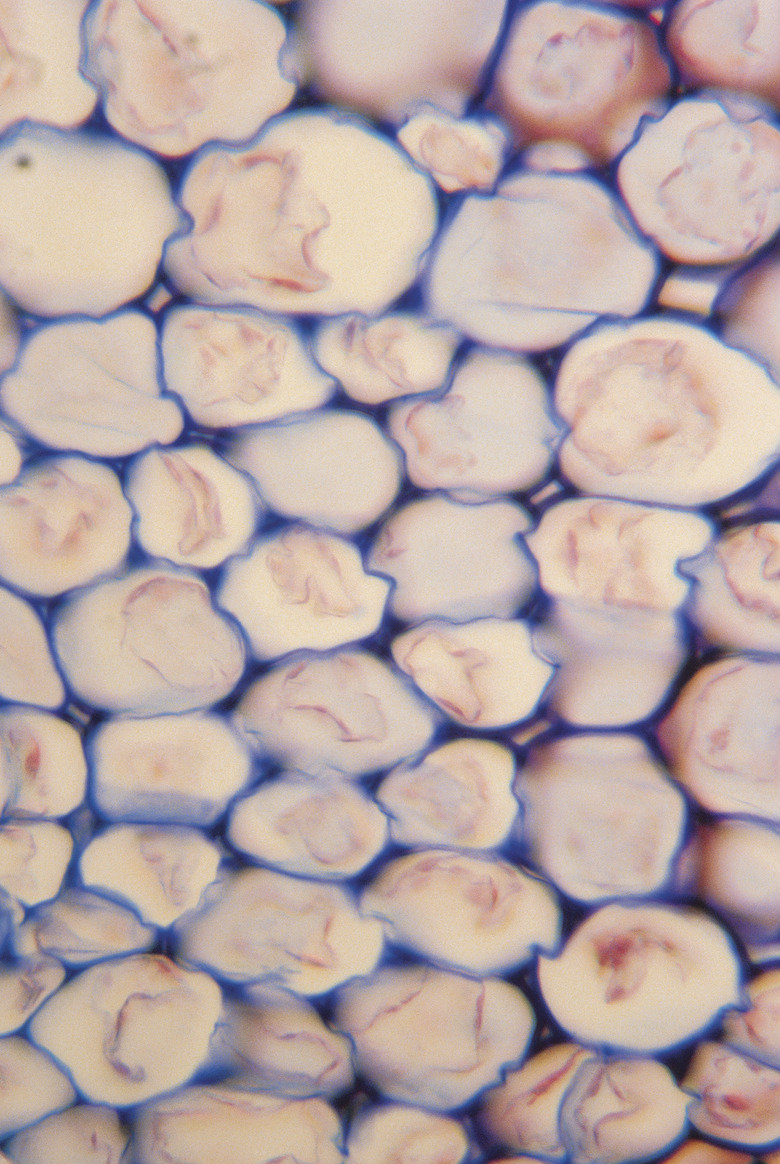What Was The Major Contribution Of Matthias Schleiden To Microbiology?
Matthias Jakob Schleiden was born on April 5, 1804 in Hamburg, Germany. After studying law and unsuccessfully pursuing it as a career, Schleiden eventually turned his energies to studying botany and medicine at the University of Jena in Germany. After becoming honorary professor of botany in 1846 and ordinary professor in 1850, Schleiden would go on to make a fundamental contribution to the study of the cell.
Matthias Schleiden's Contribution
Matthias Schleiden's Contribution
Working as professor of botany at the University of Jena, Schleiden was one of the founding fathers of cell theory. He showed that the development of all vegetable tissues comes from the activity of cells. Schleiden emphasized that structures and morphological features, not processes, give organic life its character. Schleiden also proved that a nucleated cell is the first element of the plant embryo. His botanical studies essentially stopped after 1850, when he began to pursue philosophical and historical studies.
Timeline of the Cell Theory
Timeline of the Cell Theory
The first step toward studying biology on the cellular level was taken in 1655 by Robert Hooke, who saw cells in a thin slice of cork using a compound microscope. Later in the 17th century, Anton van Leewenhoek recorded the first observations of protozoa and bacteria. Working from these and other discoveries, Schleiden and Schwann proposed what would become known as the cell theory in 1838. In the 1850s, German physician Rudolf Virchow would add to that initial theory — stating that every cell originates from another cell.
Basic Cell Theory and Cell Organelles
Basic Cell Theory and Cell Organelles
The basic cell theory has three main tenets: all life comes from one or more cells; the cell is the smallest form of life; and cells come only from other cells. Other 19th-century researchers would later discover the many tiny structures that perform various functions within the cell. Albert von Kölliker discovered the power plant of the cell, also known as the mitochondrion, in 1857. In 1898, cell staining compounds would allow for the discovery of the Golgi apparatus, which packages proteins for transport.
Modern Cell Theory
Modern Cell Theory
A modern version of cell theory adds a few other tenets to the original postulated by Schleiden and Schwann: the cell has hereditary information (DNA) that is passed on from cell to cell during reproduction; all cells have virtually the same chemical composition and metabolic activities; all the cell's basic chemical and physiological functions are carried out inside the cell itself; and cellular activity is dependent on the activities of structures within the cell, such as the organelles, or nucleus.
Cite This Article
MLA
Smith, Brett. "What Was The Major Contribution Of Matthias Schleiden To Microbiology?" sciencing.com, https://www.sciencing.com/what-was-the-major-contribution-of-matthias-schleiden-to-microbiology-12731412/. 5 February 2014.
APA
Smith, Brett. (2014, February 5). What Was The Major Contribution Of Matthias Schleiden To Microbiology?. sciencing.com. Retrieved from https://www.sciencing.com/what-was-the-major-contribution-of-matthias-schleiden-to-microbiology-12731412/
Chicago
Smith, Brett. What Was The Major Contribution Of Matthias Schleiden To Microbiology? last modified March 24, 2022. https://www.sciencing.com/what-was-the-major-contribution-of-matthias-schleiden-to-microbiology-12731412/
